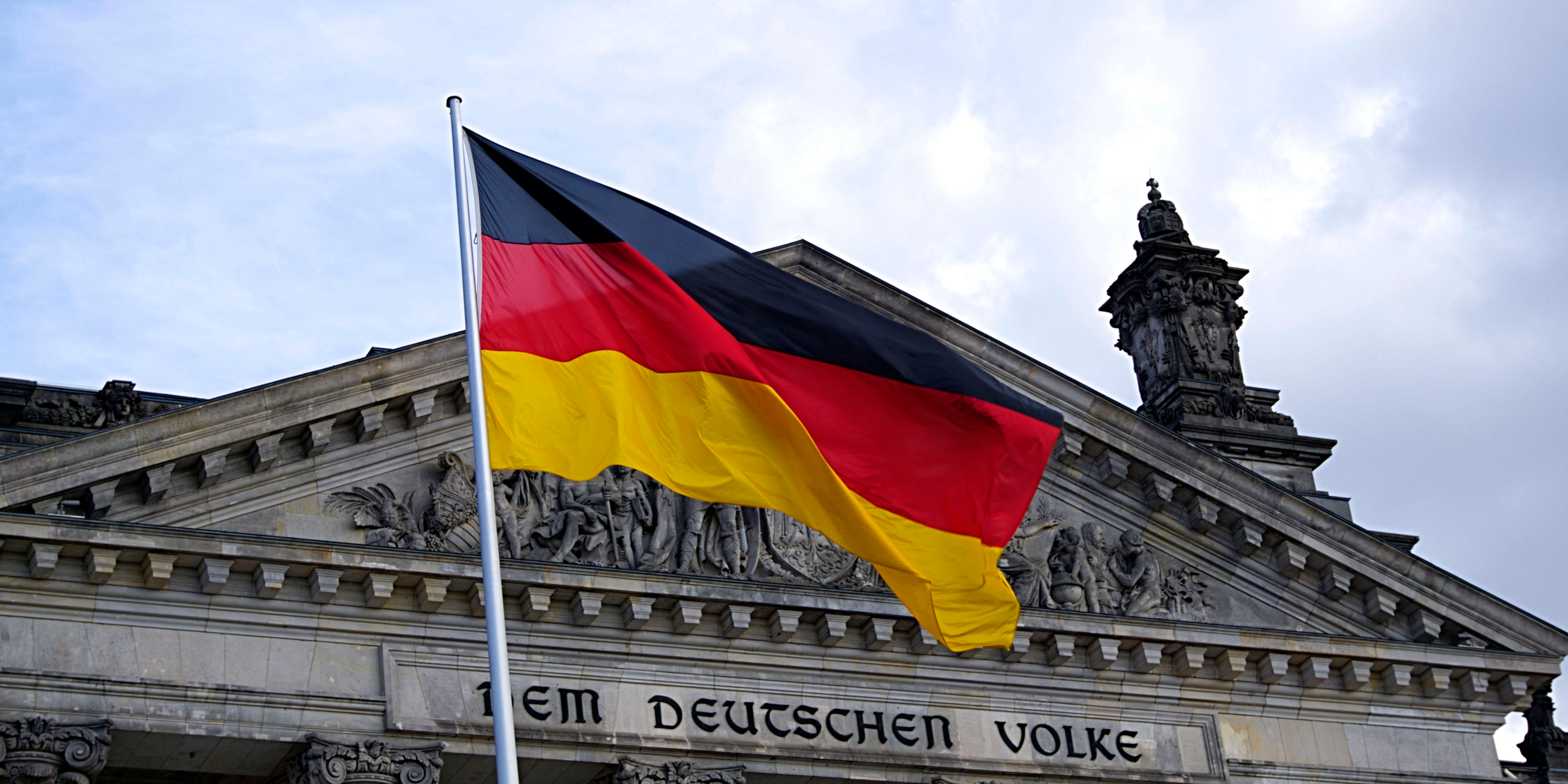Germany plans to legalize recreational cannabis after 2024
The new ruling German coalition plans to legalize recreational cannabis as part of their upcoming program.
The Social Democrat, the Ecologist, and the Liberal party wish to introduce “the controlled distribution of cannabis for adults in stores which will be state-licensed pharmacies.” This project would not be launched before 2024.
Protecting the citizens from harmful substances and increasing tax revenues.
Germany legalized medical cannabis in 2017. Since then, cannabis for medical use has been used to combat specific pathologies. The only German company producing medical cannabis is located near Dresden, in the East part of Germany.
The coalition expressed its wish to regulate the recreational use of cannabis to protect its youth citizens and prevent harmful and low-quality substances from circulating within the country.
In addition, by legalizing recreational cannabis, Germany would greatly benefit from the increase in tax revenues, estimated at nearly 2 billion euros in a study commissioned by the German hemp association and published by the economist Justus Haucap.
According to the economist, Germany would benefit from 1.8 billion euros with the cannabis tax alone. Adding VAT, business taxes, corporate tax, and wages, the State would earn a total of 2.9 billion euros.
The police and justice system would save a significant amount of money with the legalization of cannabis, leading the total benefits to 5 billion euros a year. Hence, it would also be a gain of time and energy for the police force, which would not have to chase cannabis users.
Legalizing cannabis would not increase the consumption among users.
The government is thinking of selling the gram of cannabis around 10 euros. Economist Justus Haucap supported the project by stating that “These figures are pretty comparable to those that the Economic Analysis Council calculated for France in 2019, he explains. We, therefore, think that it would be a good deal for these two countries! This would create 27 000 jobs in Germany. This would also reduce health costs since consumers buy quality products. And where cannabis is already legalized, we see that consumption is not increasing among so-called problematic users, such as adolescents. And this is very positive and, even cheerful, news.”
Nevertheless, the legalization of cannabis doesn’t agree with all political parties of Germany, nor does it reach the majority of the members of the Bundesrat, the Senate of the country. The law on the legalization of cannabis in Germany, whose validity will be limited to four years, will undoubtedly create tensions within the country. Discussions and negotiations are about to happen within the next few months. The coalition expects to generate a draft of the bill by the summer.






